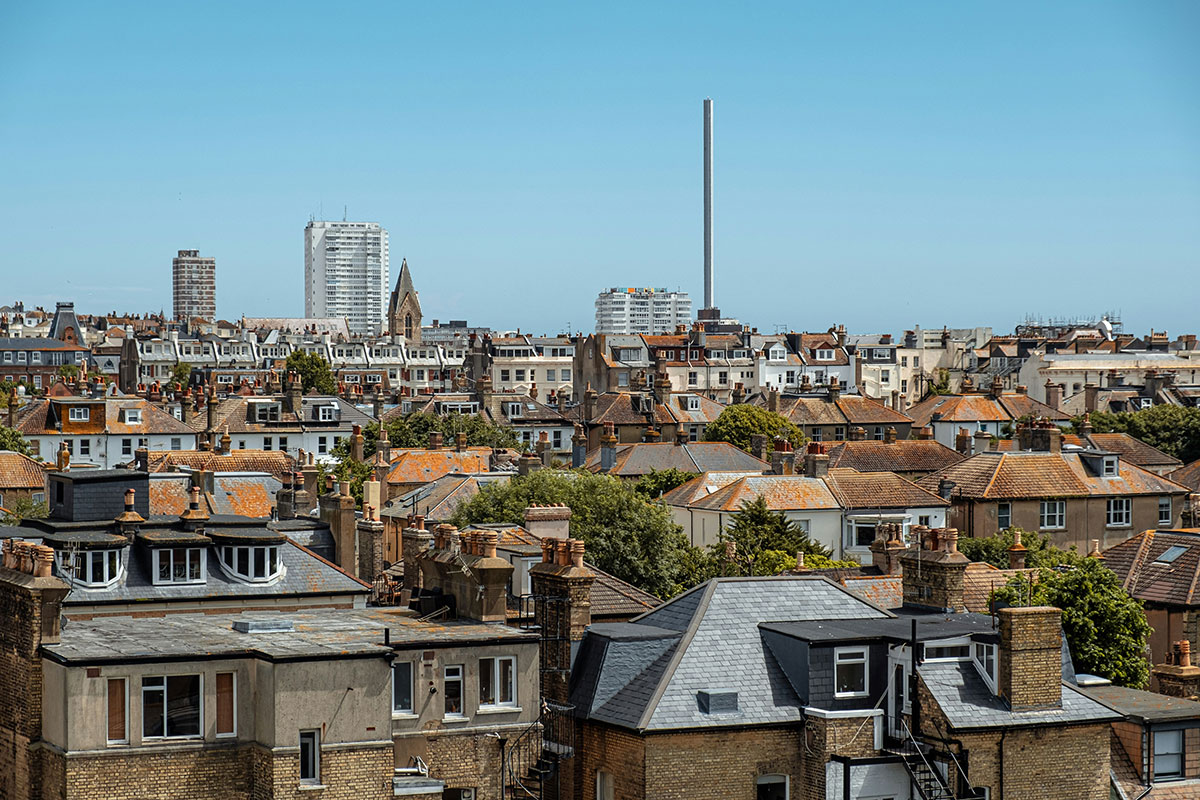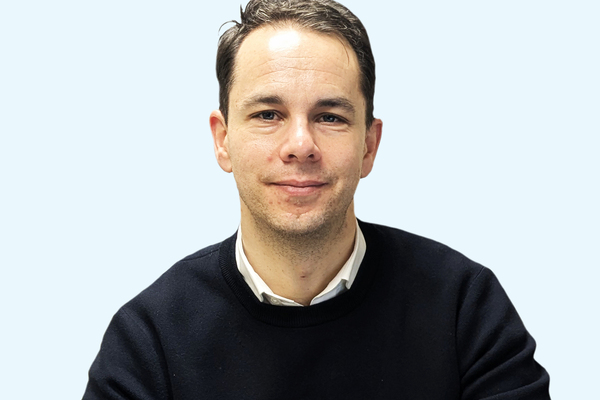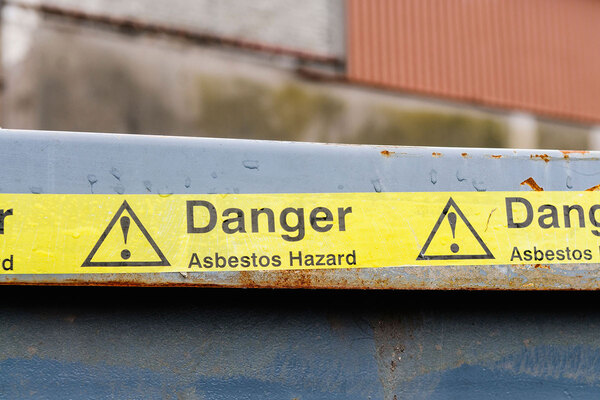Hostel manager resigns over ‘insurmountable’ and ‘systemic’ issues facing supported housing
A manager of a hostel for homeless people with complex support needs has resigned over “insurmountable” and “systemic” issues facing the supported housing sector.
Rosie Cassidy, who published her letter of resignation from the hostel* in Brighton online, said she could no longer continue in the role because of “the systemic failings that make it impossible to deliver safe, effective and meaningful support to residents and staff”.
“The expectations placed on supported housing providers like ours are unrealistic and unsustainable. We are tasked with housing some of the most vulnerable and high-risk individuals, but we are not given the resources, partnership support, or understanding necessary to do this safely or effectively.
“It often feels like once someone is housed with us, they are forgotten by the wider system, and we are left to shoulder all the risk, even when the accommodation is unsuitable or unsafe.”
Ms Cassidy said she published the letter in the hopes that it “sparks some transparent conversation about the systemic changes needed for the improved quality of life of homeless people and the dedicated staff supporting them in this city”.
Supported housing can often house many people facing the same issues, such as trauma and substance abuse.
If the model is Housing First, which Ms Cassidy advocates for, people being housed with wraparound support is prioritised over reducing substance abuse, for example.
However, where this model is not used, residents can have to change their behaviour before being housed.
Ms Cassidy said that, in general, the approach of putting a lot of people who have “significant trauma” and similar issues in a hostel together is not working.
“You’re trying to recover from addiction and entrenched homelessness, and you’re surrounded by people who are also in that state of mind, and then you’re being told you can’t move on until you show that you’re able to reduce your substance use and manage your service charge payments and keep your room nice.
“People are not able to do that in that environment. So then they’re stuck, and then getting more and more frustrated because they’re stuck.”
Ms Cassidy said that as a result of the environment in hostels, many feel safer sleeping on the street.
However, she said that the only focus from commissioners at Brighton and Hove Council is to “meet quotas” for getting people off the streets and that supported housing providers are put under significant pressure to do that above all else.
She said the council thinks its job is “done” if clients have a roof over their head, but staff and residents are at risk of violence and the accommodation is not a suitable setting for people’s situations to improve.
Ms Cassidy told Inside Housing that while some “brilliant” charity and health partners are on site regularly, there is a lack of multi-agency intervention from mental health services, police and probation.
She said it “just doesn’t happen” because mental health services do not have capacity and “police rarely ever come out for incidents, because they don’t have the capacity either”.
She said: “So I’ve ended up having to spell out to commissioners, this is everything I have done. This is everyone I’ve contacted that we are meant to work in partnership with and none of them have been able to do anything.
“What do you propose I do now? And they would much rather just keep somebody housed in a hostel than address the problem, which is that they are really unsuitably housed in that hostel.”
Ms Cassidy said she believes the system “relies on the staff within the services feeling such an inflated sense of responsibility and guilt over the residents that we are too afraid to evict anybody who’s posing a high risk”.
She said she was also questioned over the legitimacy of her evicting someone after they punched a staff member in the head, adding that there is very little support for staff well-being.
Ms Cassidy said that she has been “unwavering” in her commitment to preventing homelessness and supporting people in crisis, but that she could not continue working in her role because of the systemic failings that “make it impossible to deliver safe, effective and meaningful support to residents and staff”.
She told Inside Housing: “To be honest, it was hard to leave homeless services. I think it’s the kind of environment where you build up such incredible relationships with people, the staff and the residents that live there, that you always feel like ‘I just need to do this, and then I can leave’.
“But then you just constantly hold this weight of responsibility. So it’s been a relief to have just left that, but also has been really eye-opening, sharing my experiences, because I didn’t really know that it would reach anyone.
“It was just me venting almost, and wanting to put it out there, and wanting it to hopefully make someone else feel heard.
“And I think the response has been sad, but also positive, because so many people have come to me and said ‘thank you for writing that, it perfectly sums up what we experience’.”
Gill Williams, cabinet member for housing and new homes at Brighton and Hove City Council, said that tackling homelessness and providing residents with access to suitable and secure housing is “one of this council’s number-one priorities”.
She said: “We work closely with providers of our commissioned services to monitor how successfully they are being delivered and ensure they are run appropriately.
“We do have more than 100 properties set up on the Housing First supported accommodation model in the city and are committed to further developing our housing and support services to meet the needs of vulnerable residents with multiple needs.”
She said the council is “aware of the concerns raised within this letter and have discussed the contents with the senior management” of the supported housing provider.
“We are confident in their approach to service delivery. It would not be appropriate for us to comment further.”
The Ministry of Housing, Communities and Local Government did not respond to a request for comment on the wider issues facing supported housing.
*Inside Housing has chosen not to name the hostel as Ms Cassidy’s criticisms are focused on pressure from commissioners and wider systemic issues within supported housing.
Sign up for our homelessness bulletin
Already have an account? Click here to manage your newsletters












